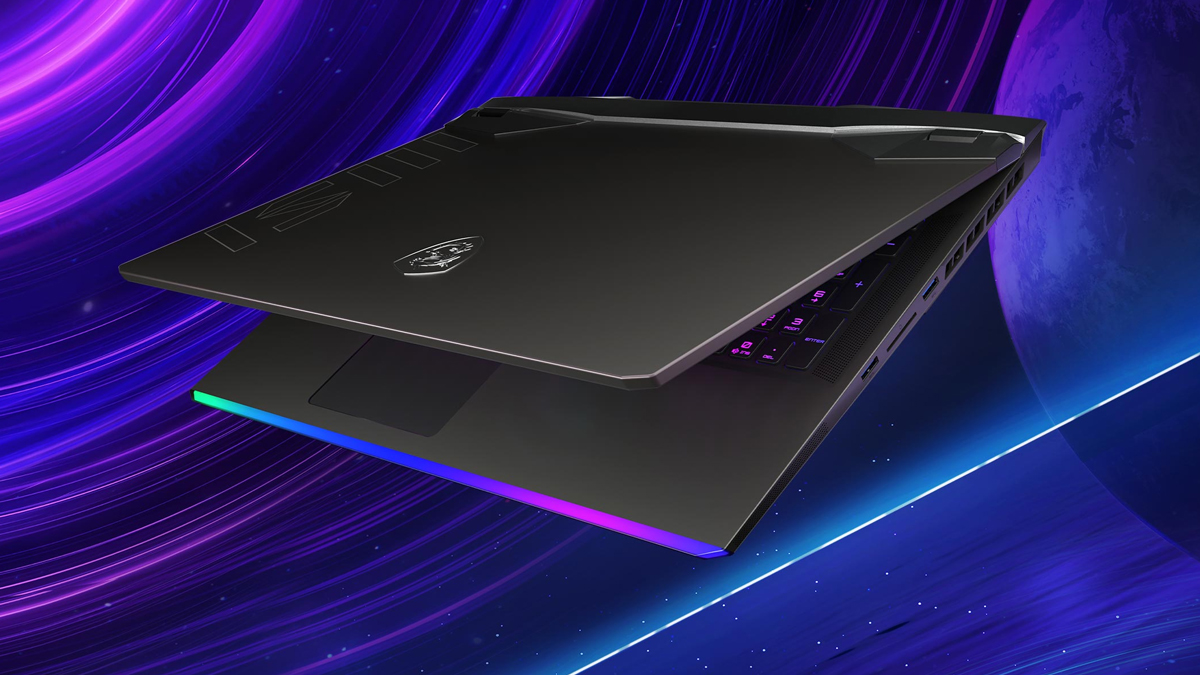
As a part of Intel's strategy of devouring businesses that do not exactly fit its IDM 2.0 strategy, the company this week quietly started to exit its wireless wire area network (WWAN) business. The move has been in development for a while and while Intel is set to cease making 4G and 5G modems itself, it will continue to provide notebook solutions based on its CPUs yet equipped with MediaTek-badged modems, reports More Than Moore.
While the world is getting more connected, connectivity is perhaps becoming a commodity business for companies like Intel that strive to be vertically integrated yet sell their products at high margins. This is perhaps why the company sold its 4G and 5G smartphone/tablet modem business to Apple back in mid-2019 and this is why it is selling the remaining business to MediaTek. For MediaTek, Intel's PC modem technology will enable it to offer connectivity solutions for the whole stack of client devices, starting from humble Internet-of-Things gadgets and ending up with advanced ultrabooks used by road warriors.
After Intel sold its cellular phone modem business to Apple — the key customer of this business unit so to speak — yet retained its crucial 4G and 5G patents (at least some of which it inherited from Infineon as a part of its 2011 wireless solutions acquisition), it kept offering 4G and 5G modem solutions as part of its laptop platforms. At some point, the company decided to team up with MediaTek and Fibocom for manufacturing of appropriate modems.
Now, the company plans to transfer its 5G technology to Fibocom and MediaTek and is currently facilitating the transfer of driver code and licensing agreements to maintain customer experience. Although Intel intends to exit the 5G market by July, it will retain a small team to aid MediaTek, which adheres hardware, software and clients. The technology transfer is expected to be completed by May and is not expected to have any financial impact on Intel. Intel's OEM partners using 5G solutions can continue to collaborate with MediaTek to provide updates and upgrades to their existing product roadmaps.
"As we continue to prioritize investments in our IDM 2.0 strategy, we have made the difficult decision to exit our WWAN client business for both LTE and 5G," said Eric McLaughlin, VP, GM Wireless Solutions, Intel, in a statement issued to More Than Moore. We are working with our partners and customers to facilitate a seamless transition to support their ongoing business and ensure our customers continue to have solutions for the connected PC segment."
For Intel, its 4G and 5G modem business may not be the most profitable one. Furthermore, as Analyst Dr. Ian Cutress points out, the total available market of always-connected PCs (ACPCs) has not increased in the recent years. While there might be an influx of a ACPCs from Apple (which has appropriate modem technology it inherited from Intel) and Qualcomm, Intel may not be inclined to compete with these two platforms given allegedly limited profit margins in this sector.
Meanwhile, offering a whole stack of connectivity solutions makes a great sense for MediaTek, which is going to get the business unit.
"MediaTek has a strong history of delivering global wireless solutions, and continues to make investments in its wireless modem portfolio beyond the smartphone into PCs and other devices," a statement by MediaTek cited by More Than Moore reads.







